
Culture
18:47, 09-Jan-2018
Herb gatherers central to traditional Chinese medicine
CGTN
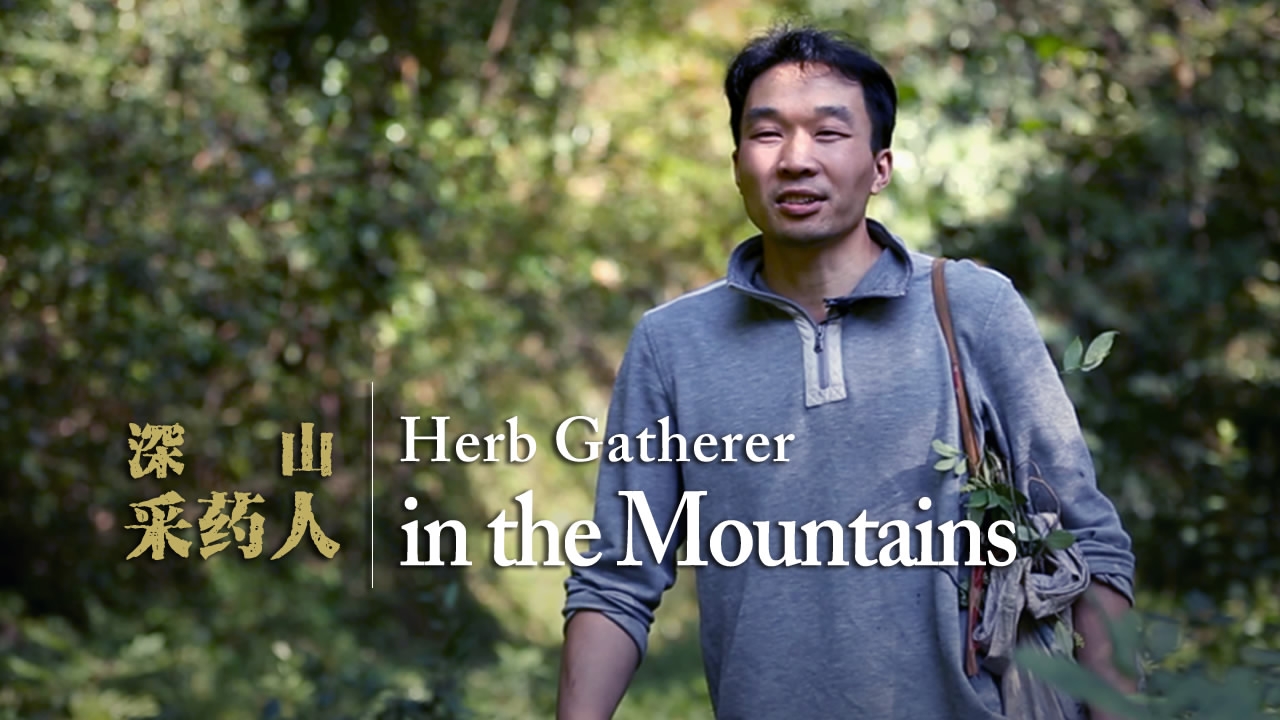

CGTN
CGTN
Nowadays, many Chinese prefer Western medicine, but a lot of people still believe in the efficacy of traditional Chinese medicine (TCM).
The discipline is not only based on a tradition dating back millennia, but also cultivates a reverence for the laws of nature.
Central to TCM are the multitudinous herbs used in treatments. Such plants are often handpicked by people in remote places.
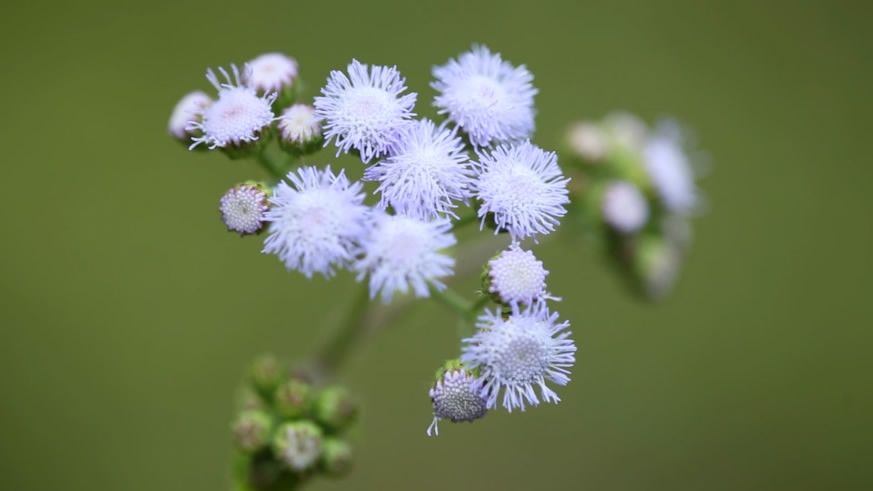
CGTN Photo
CGTN Photo
One such herb gatherer is Liu Liang. He is from the sixth generation of his family to carry on the tradition. At 13 years old, Liu started going up to the mountains with his father near his hometown of Liuyang in central China’s Hunan Province. However, it was far from a picnic.
"We'd run into boars, snakes and wolves. You had to be very careful," he said.
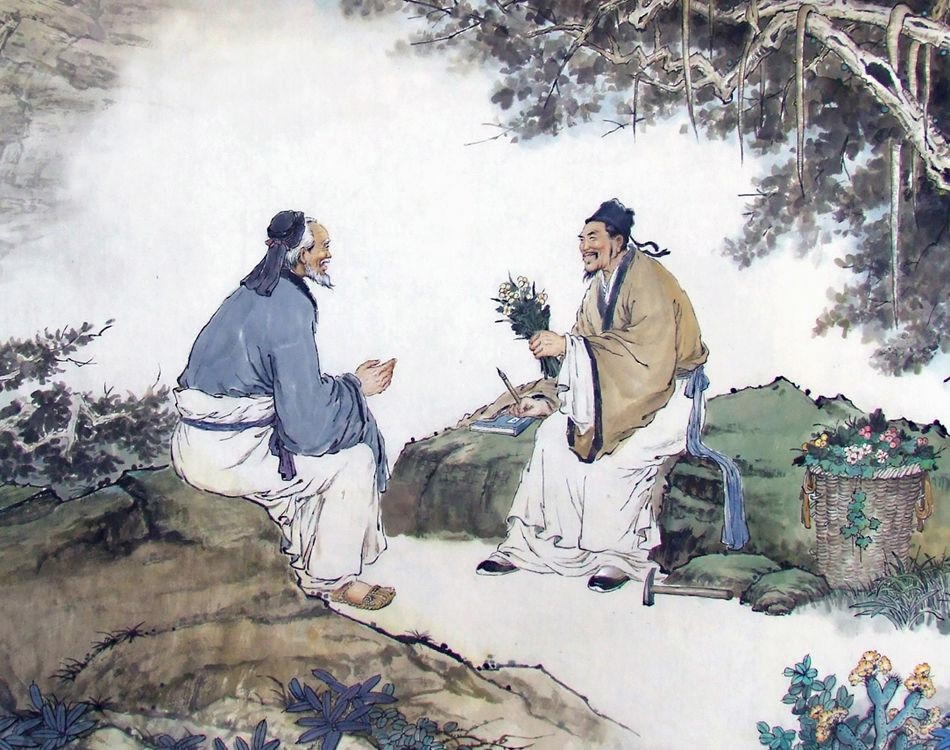
Li Shizhen (July 3, 1518 – 1593), a Chinese herbalist and acupuncturist of the Ming dynasty; Source: Baidu Image
Li Shizhen (July 3, 1518 – 1593), a Chinese herbalist and acupuncturist of the Ming dynasty; Source: Baidu Image
The history of TCM originated with Shennong, the god of farming who tasted hundreds of plants.
In 1578, the Chinese polymath Li Shizhen, having gone through documents and collected samples from all over the country, finished his book "Compendium of Materia Medica." The volume covers more than 1095 kinds of herbs, taking up 58% of all the medication included in the book. That information is still considered valuable today.
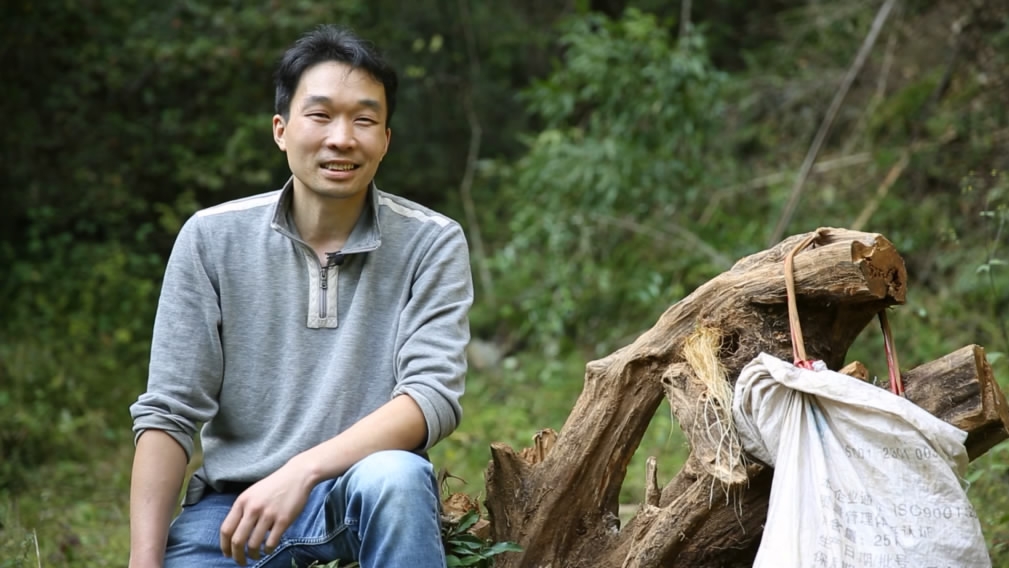
Liu Liang, the sixth generation of his herb gatherer family. /By CGTN
Liu Liang, the sixth generation of his herb gatherer family. /By CGTN
Despite rugged paths and ferocious animals, Liu and other gatherers have had to risk even greater dangers to reach herbs off the beaten path, such as scaling cliffs while suspended from a rope.
"To get this frankincense, you need to hang on with one hand, and loosen the rocks with another hand using a knife."
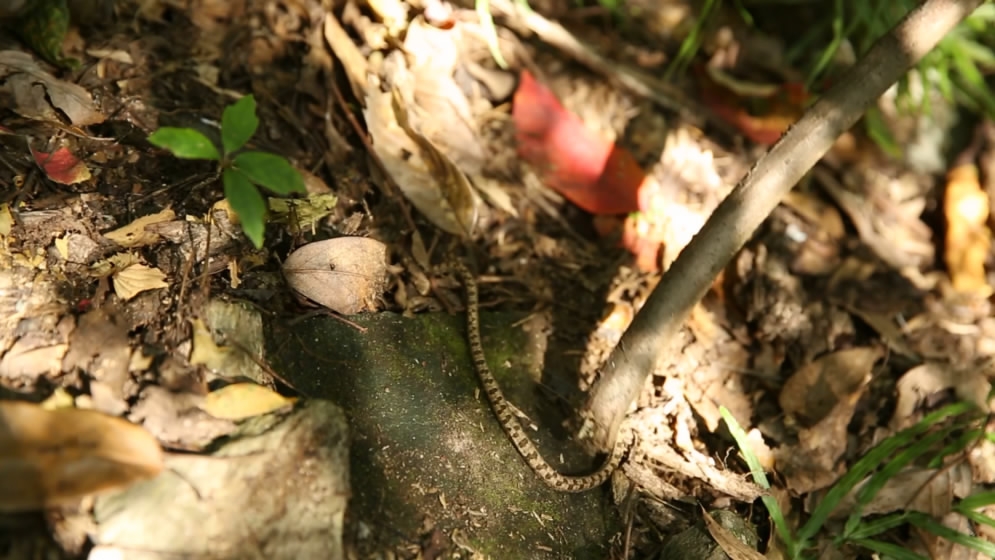
CGTN Photo
CGTN Photo
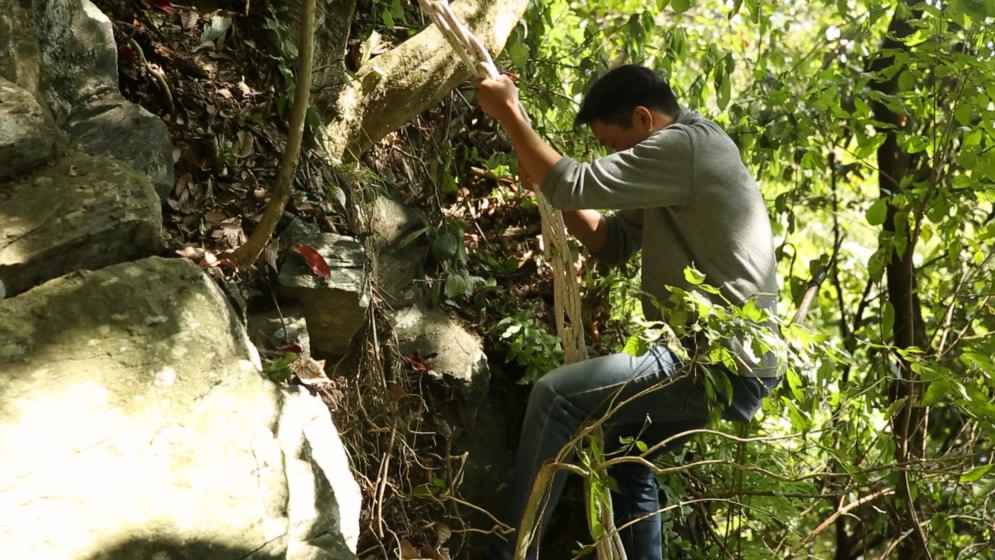
CGTN Photo
CGTN Photo
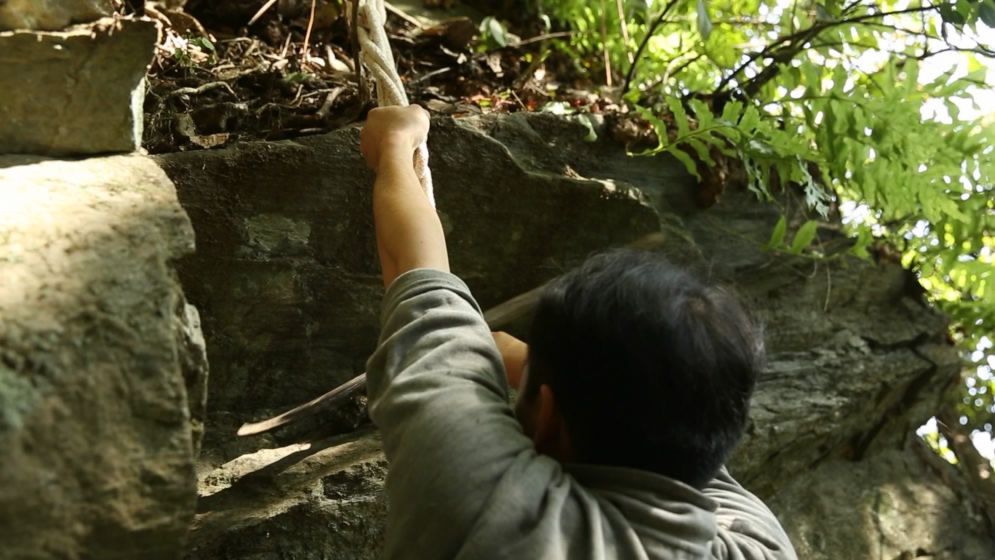
CGTN Photo
CGTN Photo
Liu's ancestors used to be doctors, so the following generations had to be able to distinguish between herbs at a very young age. Gradually, they became specialized in gathering.
Over the years, the family developed a set of rules cultivating respect in the craft. Before gathering, they'd offer a sacrifice to ancestors while murmuring the names of Hua Tuo (an ancient Chinese physician) and Shennong. After the sacrifice, they would "summon" the god of the mountains, so that they could see the "spiritual" herbs and avoid the beasts.
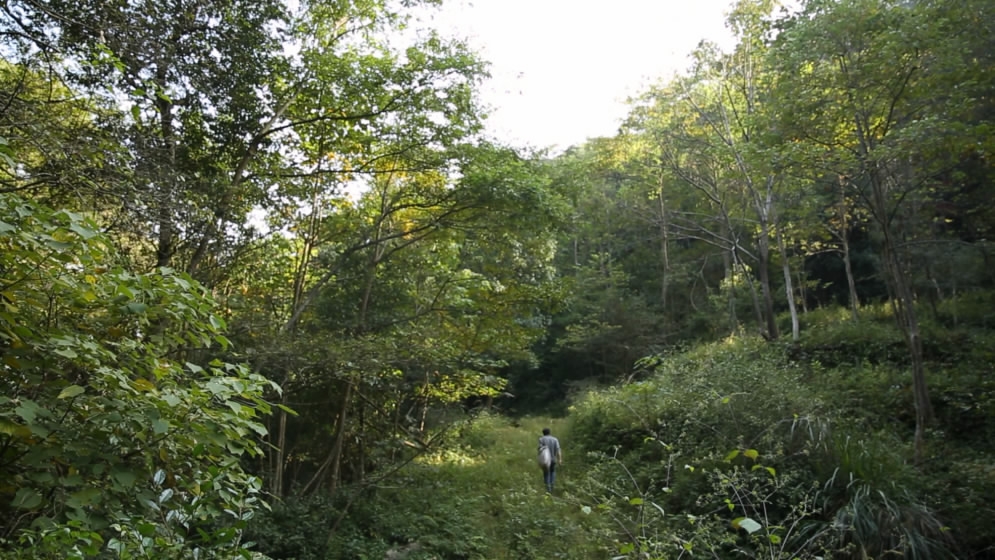
CGTN Photo
CGTN Photo
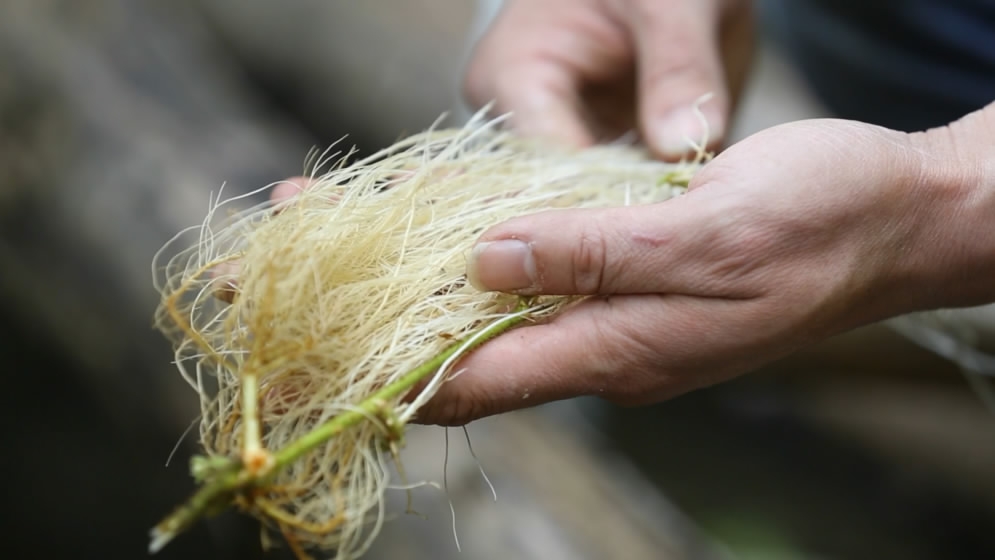
CGTN Photo
CGTN Photo
Aside from showing respect to the profession, herb gatherers realize that nature is offering them its bounty, so they engage in the spirit of reciprocity.
"We pick flowers in spring, leaves in summer, fruits in autumn, and roots in winter," said Liu, "And there's another rule: always let them reproduce."
Gatherers would only pick the mature and dense herbs while leaving the sprouts and sparse ones behind. After visiting a location, they won't go back to the same place in four or five years. "If we see some herbs that grow too close together, we'll replant them. It's like growing vegetables. You split the roots, so there'll be more space,” Liu added.

CGTN Photo
CGTN Photo
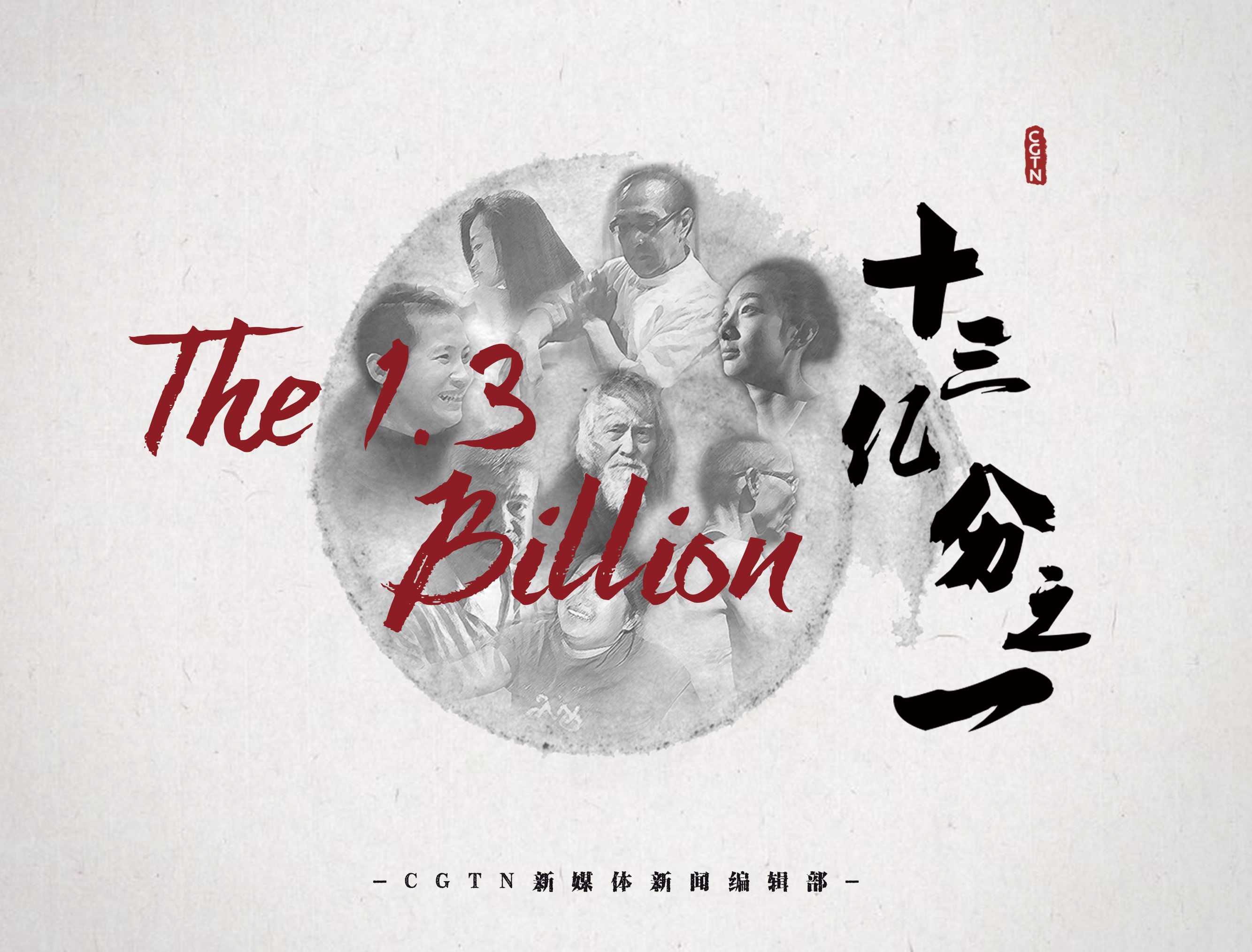
The story is one in the 1.3 Billion series exploring the diverse lives that make up China.
The story is one in the 1.3 Billion series exploring the diverse lives that make up China.
Advice and Cooperation
- 1.3_billion@cgtn.com

SITEMAP
Copyright © 2018 CGTN. Beijing ICP prepared NO.16065310-3
Copyright © 2018 CGTN. Beijing ICP prepared NO.16065310-3